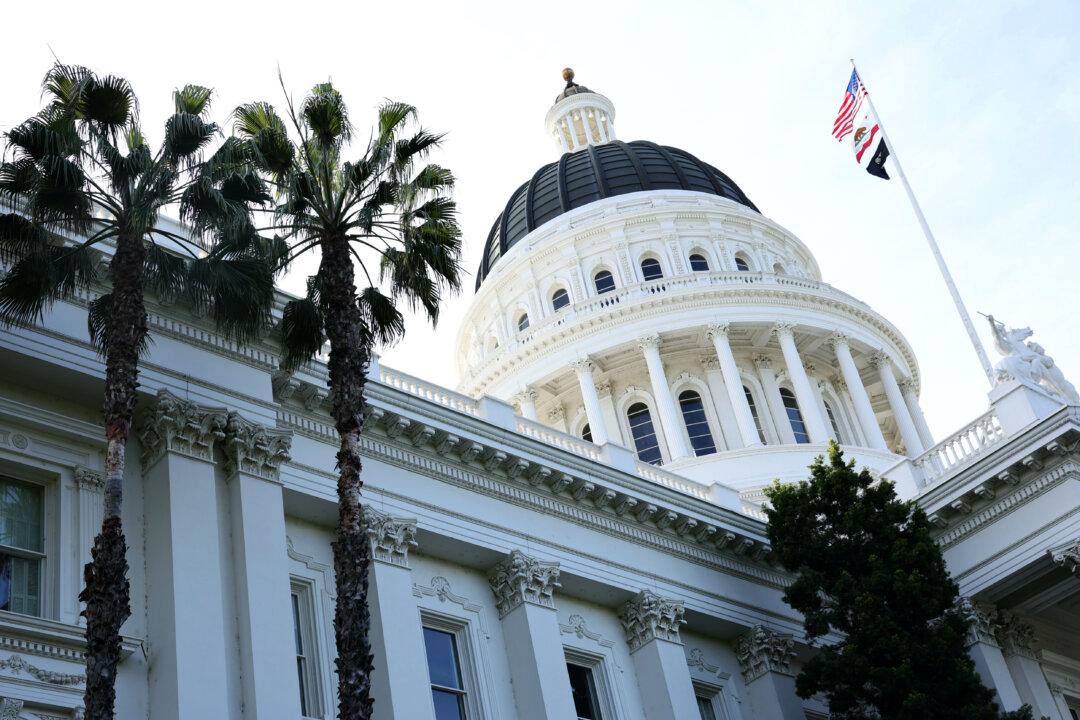A bill that would outlaw child sexual abuse material created with artificial intelligence passed the Assembly on May 22 in a 71–0 vote.
Assembly Bill 1831—introduced by Assemblyman Marc Berman to prohibit the creation, possession, and distribution of child pornography generated by artificial intelligence technologies—cleared three committees earlier this year without a single vote against the measure.





